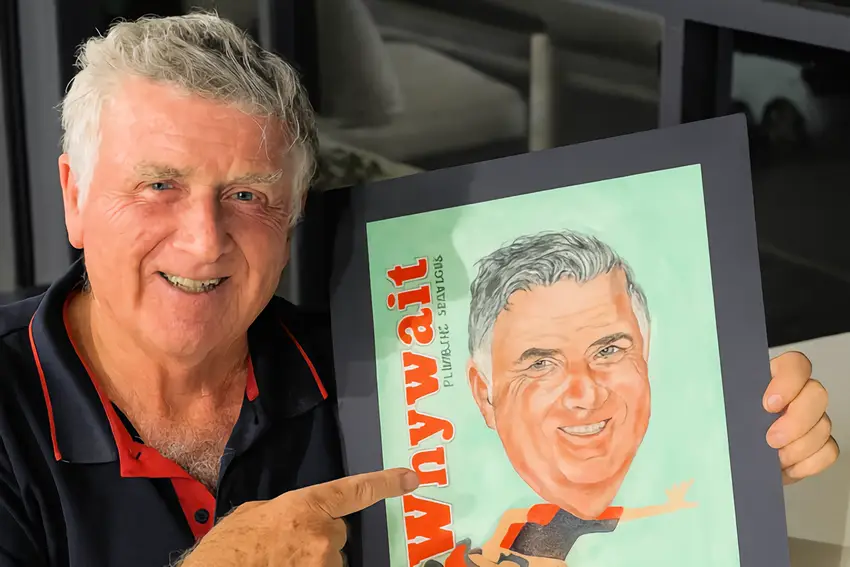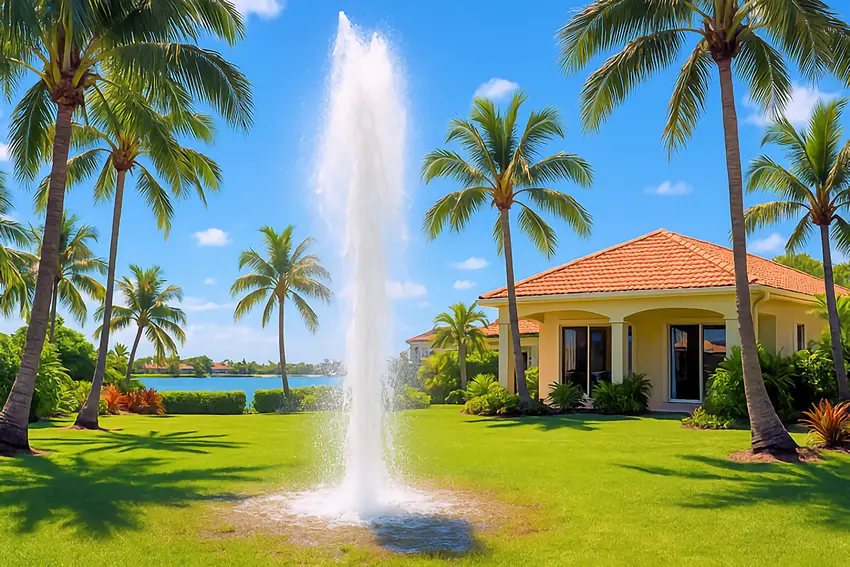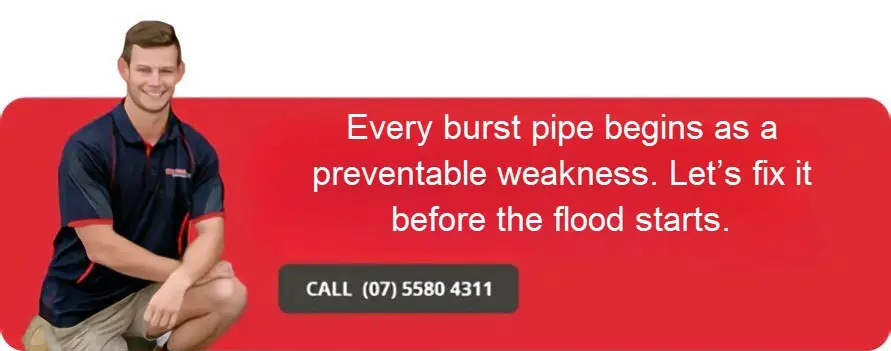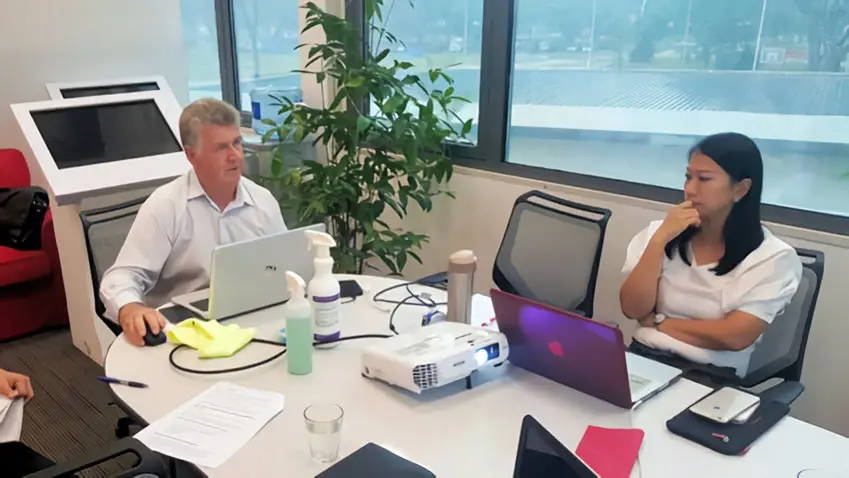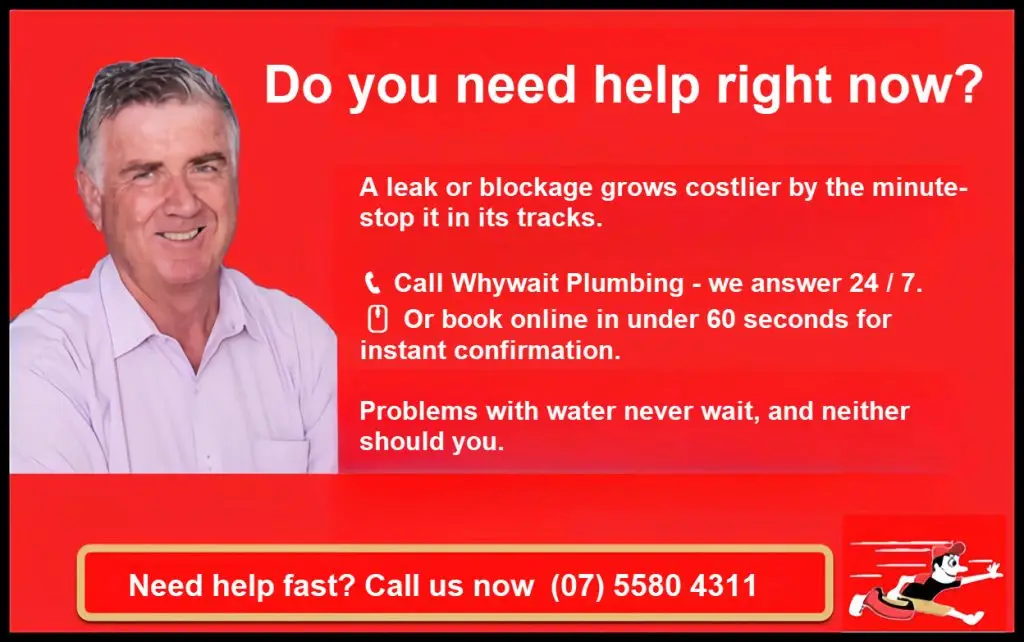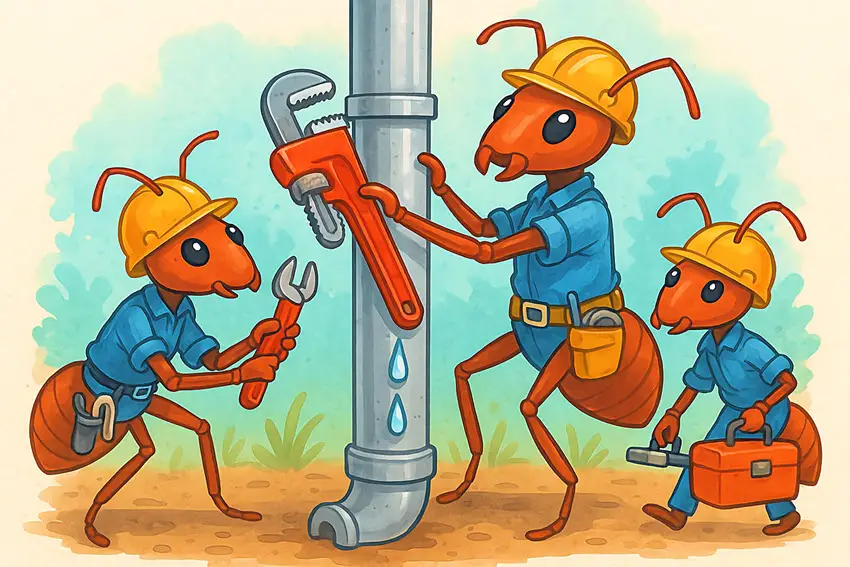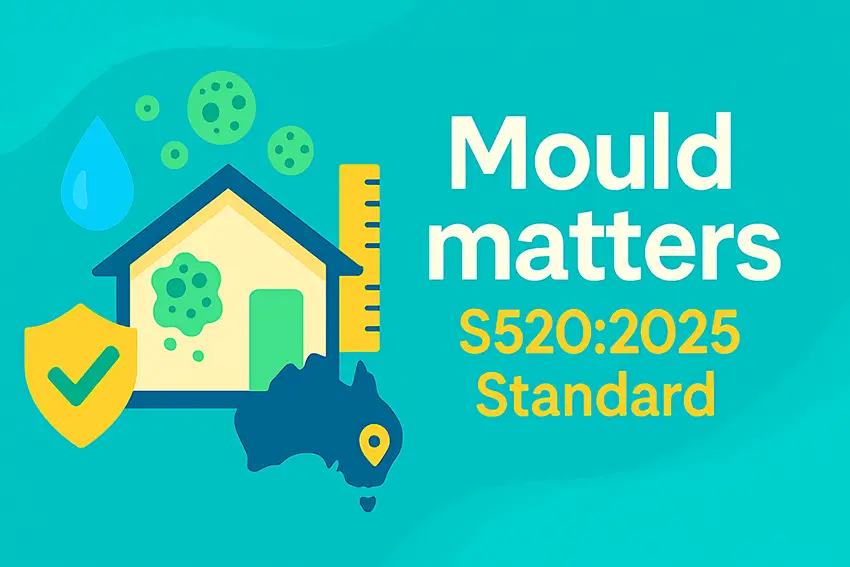
Mould remediation on the Gold Coast: what the new S520 standard means
by Gary Mays | Oct 7, 2025 | mould prevention
Mould matters: navigating the new standard for safer buildings
The new ANSI/IICRC S520 (2025 edition) is the rulebook for professional mould remediation. It prioritises source control, safe removal, and proves the area is clean.
For Gold Coast homes and workplaces, it means clearer scopes, safer methods, and better results.
🦠 Why mould is more than a stain
Mould thrives in damp, poorly ventilated spaces. Our humid, storm‑prone climate makes it worse.
Beyond ugly marks, mould can trigger coughing, wheezing, skin irritation, and fatigue.
Vulnerable people feel it first. Children. Older adults. Anyone with asthma.
Most cases improve once moisture is fixed and growth is removed.
📏 The new S520 standard in plain English
What is it?
A science‑based standard for professional mould remediation. It explains assessing, containing, removing, cleaning, and verifying.
Why it matters to you:
You get consistent methods and apples‑to‑apples quotes. Disputes drop. Remediation aligns with evidence, not guesswork.
🧭 What's clearer in 2025
💧 Moisture‑first approach. Find and fix the water source before anything else.
⚖️ Defined risk categories. Size, use of the space, and contamination level guide the plan.
🧱 Containment levels. Clear guidance on when and how to isolate areas.
🧹 Source removal over “sprays.” Physical removal and thorough cleaning beat quick chemical fixes.
🛡️ Worker protection. PPE requirements match the risk category.
✅ Verification and clearance. Prove the job is done with visible clean, dry materials, and fit‑for‑use air.
📸 Documentation. Photos, readings, and notes form the project record.
🌴 What this means for Gold Coast clients
🏡 For homeowners and landlords
🧰 Fewer quick fixes. Expect leak finding, drying, and targeted removal.
📋 Transparent scopes. Clear steps, materials affected, and containment plans.
🧼 Safer homes. Less dust spread, better air after work.
🧾 Proof you can keep. Moisture readings and photos support insurance claims.
🏢 For facility and strata managers
🎯 Risk‑based planning. Choose methods that match occupancy and building use.
📚 Stronger records. Documentation helps with audits and handovers.
🔁 Lower recurrence. Root‑cause repairs and ventilation tweaks reduce rebounds.
🤝 Smoother tenders. Bids follow the same playbook, so costs make sense.
🔧 How a compliant remediation typically runs
🔧 Source control. Stop leaks, roof ingress, drainage, or condensation problems.
🗺️ Assessment and scope. Map affected materials. Define containment and PPE.
🏗️ Set‑up. Isolate work zones. Establish negative pressure and air filtration.
🧹 Removal and cleaning. Strip or clean materials per type: plasterboard, timber, soft furnishings.
💨 Drying and verification. Achieve dry‑standard readings and visible cleanliness.
🧱 Reinstatement. Repair finishes only after clearance.
🧾 Handover. Provide a short report with readings and photos.
💡 Tip: Painting over mould is not remediation. It returns.
🧪 Do you always need mould testing?
Not always. Visual assessment and moisture readings lead the process.
Testing helps when there’s a straightforward question to answer, for example:
🧾 Clearance checks for high‑risk spaces.
🕵️ Unusual odours or symptoms with no visible growth.
⚖️ Disputes or insurance evidence needs.
If sampling is used, it should support decisions, not replace them.
⏱️ Costs and timelines: what drives them
📐 Extent and access. Ceiling voids and built‑ins add time.
🧱 Material types. Porous materials often need removal.
🌡️ Drying conditions. Humid weather can slow drying.
🚧 Containment level. Higher risk needs tighter controls.
Expect a clear scope and a staged plan before work starts.
🤝 Your role: small actions with significant impact
🚰 Report leaks immediately. Minutes matter after water damage.
🌀 Increase ventilation. Use and maintain bathroom and laundry fans. Consider a roof ventilation fan.
💨 Keep indoor humidity reasonable. Short, sharp bursts of AC help dehumidify.
📦 Move furniture off cold external walls where possible.
🧽 Clean shower grout and sills regularly. Simple, boring, effective.
🧨 Common myths to retire
🧴 “Bleach solves mould.” It can discolour growth but leaves the cause. Bleach products are universally nothing more than a masking agent.
☠️ “Dead mould is harmless.” Dead fragments still irritate. Removal and cleaning matter.
🌀 “Ozone fogging fixes it.” Source removal and drying are still required.
🏠 “New homes don’t mould.” Airtight builds trap moisture. Ventilation is vital.
✅ How Whywait aligns with S520 from start to finish
🔎 Moisture detectives. We find and fix plumbing and drainage faults first.
🌬️ Ventilation upgrades. We improve extraction and make‑up air where needed.
🤝 Partnered delivery. We work with S520‑aligned remediators for removal and clearance.
🧾 Insurance‑ready records. Photos and moisture logs you can submit with confidence.
📍 Local focus. Fast response across the Gold Coast. We know the climate and the buildings.
Urgency matters. The sooner moisture stops, the smaller the job and the bill.
🧭 Quick decision guide
🔍 Visible growth + known leak: Stop water, contain, remove, dry, verify.
👃 Musty odour, no growth: Investigate moisture, consider targeted testing.
🚿 Recurring bathroom mould: Boost extraction, seal gaps, dry faster between uses.
🌊 Flooded room: Extract, strip wet porous materials, dry to standard, then restore.
🤔 mould remediation Gold Coast FAQs Questions Gold Coasters frequently ask
It's the latest procedural guide for professional mould remediation. It defines risk‑based methods, PPE, containment, and verification.
No. It can be a supplementary step. The core is removal, cleaning, and drying.
Sometimes. It depends on area size, containment needs, and occupant sensitivity.
Plumbing problems are often urgent; a burst pipe, blocked toilet, or hot water failure can't wait. Good service means fast, transparent, and accountable solutions when needed.
Fix leaks, improve ventilation, and quickly manage humidity and dry wet areas.
Yes. We document causes, readings, and works so claims are simpler.



